Revenue Recognition Pitfalls
By: Rob Casey, CPA; Habif, Arogeti & Wynne, LLP
The last thing a CFO wants to face is restating financial statements because of a revenue recognition problem.
General Rule to Recognize Revenue
SOP97-2 Software Revenue Recognition[/i] (“SOP97-2”) establishes the general rule for software revenue recognition which requires four criteria:
1) there must be evidence of an arrangement
2) delivery has to have occurred
3) the fee must be fixed and determinable and
4) collection must be probable.
The general rule seems basic and straightforward when dealing with simple products or services that are delivered in a short period of time. However, when Multiple Element Arrangements (“MEA”) are delivered at different times and over longer periods of time, revenue recognition can get very complex. There are numerous rules and interpretations that can require revenue to be deferred. A small change in a contract, such as extending payment terms beyond 12 months from delivery, may require revenue to be deferred. Knowing some of those pitfalls may help avoid the headaches of missed budgets, covenant violations or lower enterprise valuations.
Free Support & Maintenance and Specified Upgrades
Providing customer support and software updates for a perpetual license “when and if available” is often referred to as Post-Contract Customer Support (“PCS”). Generally PCS is recognized ratably over the service period. In MEAs that contain software licenses and PCS, the arrangement consideration has to be allocated based on Vendor Specific Objective Evidence (“VSOE”) regardless of what is stated in the contract. For software arrangements, VSOE is limited to the price for which a vendor sells the element for separately or for a product not yet being sold the price established by management that is not likely to change.
A typical pitfall is when PCS for the first year is included in the initial license fee. Since there is no price on the contract, software vendors often just record all the revenue when invoiced to the customer. Generally, VSOE on PCS is the renewal fee, so the amount you would have to defer is the renewal rate. For example if you sell a software license for $80,000 that includes PCS for one year, and the PCS renewal rate is $12,000, you would only be able to recognize $68,000 of the revenue upon delivery of the software (assuming all other revenue recognition criteria are met) and the remaining $12,000 would be recognized as $1,000 per month for 12 months.
For upgrades to be considered PCS, the arrangement cannot reference specific upgrades or rights to future products when released. In these cases, since a specific future deliverable has been promised, a portion of the consideration will have to be allocated and deferred until delivery of those future products. If VSOE does not exist for those future deliverables, the entire consideration has to be deferred until those future products are delivered or VSOE is established.
Hosting Arrangements/Software as a Service (“SaaS”)/Non-refundable Up-front Fee
The Internet has continued to evolve and many of the new software companies develop their software exclusively to be delivered as a service via the Internet. Additionally, existing software companies may have plans to migrate to hosted software vs. the traditional perpetual license. SaaS arrangements do not fall under the guidance of SOP97-2 unless the customer can contractually receive the software at any time during the hosting arrangement without incurring a “significant penalty.” A significant penalty would include incurring significant cost or reduced functionality of the software.
SaaS arrangements that include up-front implementation fees and on-going monthly fees to use software over the Internet are typically accounted for under EITF00-21 Multiple Element Arrangements. Under EITF00-21, in order to recognize revenue on a delivered element, the following three requirements must exist:
1) The delivered element must have stand-alone value to the customer
2) There must be Objective Reliable Evidence of Fair Value on the undelivered element, and
3) If the arrangement includes a general right of refund relative to the delivered item, delivery of the undelivered element is
considered probable and substantially in control of the vendor.
Typically, the SaaS model requires deferral of any upfront fees even if non-refundable because they do not have any stand-alone value to the customer (the customer would never pay a set-up fee if they weren’t going to be receiving the SaaS and could not resell the set-up to someone else). Other examples of non-refundable up-front fees which revenue should not be recognized include activation fees and initiation fees. Under these arrangements, the up-front fees must be deferred and recognized over the estimated customer life.
Acceptance Clauses
When dealing with large Fortune 500 companies, many vendors acquiesce to include some acceptance language in the contract. The general rule for acceptance requires revenue to be deferred if uncertainty exists about customer acceptance. In some cases the acceptance may be included to provide a general right of return which may not prohibit revenue recognition. It is important to understand the accounting guidance related to acceptance as each situation must be evaluated on a contract by contract basis.
Business Purpose vs. Revenue Recognition
Many start-up companies run their businesses and write their contracts with a focus on appealing to their customers or providing the best cash flow for the Company. There may also be other business reasons for writing contracts in a certain manner, such as maximizing customers (footprint in marketplace or capturing market share) or obtaining larger customers for key referral sources. What may make sense for business strategy might create issues with software revenue recognition rules. Management should always be cognizant of what makes the best business sense and should not make bad business decisions to achieve favorable revenue recognition. Sometimes contracts can be altered to achieve the best business structure while retaining the ability to recognize revenue.
It is important for companies to evaluate how they recognize revenue before sharing figures with outside parties such as VC/private equity firms or banks. Often the valuation of software companies depends heavily on revenue and if the revenues are lowered, the enterprise value of the Company may also get lowered. Many start up companies record revenue when invoiced and get a harsh surprise when it comes time for due diligence or audit.
To avoid surprises or for questions on revenue recognition contact Rob Casey; Audit Partner; HA&W; 404 898-7432; rob.casey@hawcpa.com.

























